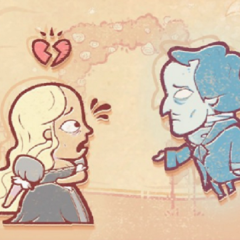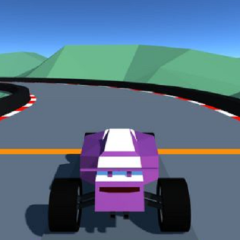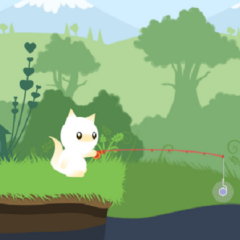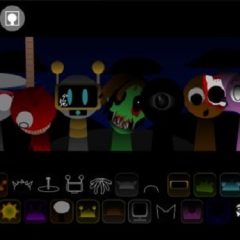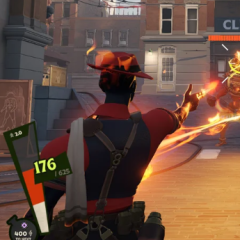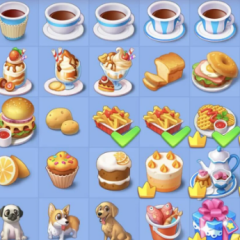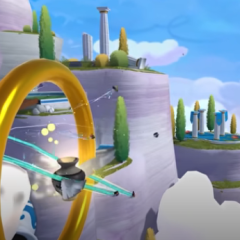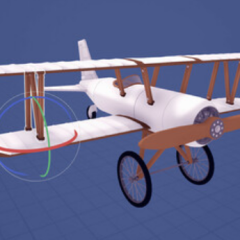Campus Life is a simulation game built around the experiences of a student during the last year of university. The goal is to graduate and to shape the journey by choosing how to spend time and energy. Players are given a framework where both academic results and social interactions matter, and every choice has a lasting influence on what the final outcome looks like. The structure of the game pushes the player to think about priorities while living through a compressed version of a college year.
Systems and resource management
The mechanics of Campus Life are organized around balancing limited resources. Each day provides a small number of opportunities, and the player must decide whether to study, attend lectures, participate in extracurricular events, or spend time with peers. Success in one area often comes at the expense of another. A focus on academics may improve exam results but reduce social opportunities, while excessive time spent on relationships can make academic failure more likely. The result is a constant negotiation between different paths.
Core tasks for players
Over the course of a session, the player repeatedly returns to several key responsibilities:
· Attending classes and preparing for major exams
· Building friendships or strengthening social circles
· Joining clubs or attending campus events
· Managing time and energy to avoid burnout
· Working toward graduation and final achievements
These recurring tasks form the backbone of the experience, and each playthrough challenges the player to balance them differently.
Narrative choices and outcomes
Campus Life uses branching paths to provide variety in its storytelling. Events appear depending on how the player spends time, which traits they selected at the beginning, and which opportunities they pursue. A single decision to join a club or attend a party may open new scenarios later. Because the story is tied to one academic year, every action carries long-term weight. By the time graduation arrives, the combined effect of dozens of small choices determines what kind of ending is reached.
Replayability and long-term appeal
The game is designed for multiple runs, as not every storyline or outcome can be seen in one attempt. Replay sessions allow players to test new strategies, explore different social paths, or focus exclusively on academics. This replay value comes from the way goals overlap and conflict, making each attempt feel distinct. Campus Life therefore works as a single experience and as a framework for experimenting with different versions of student life, keeping it engaging over time.







